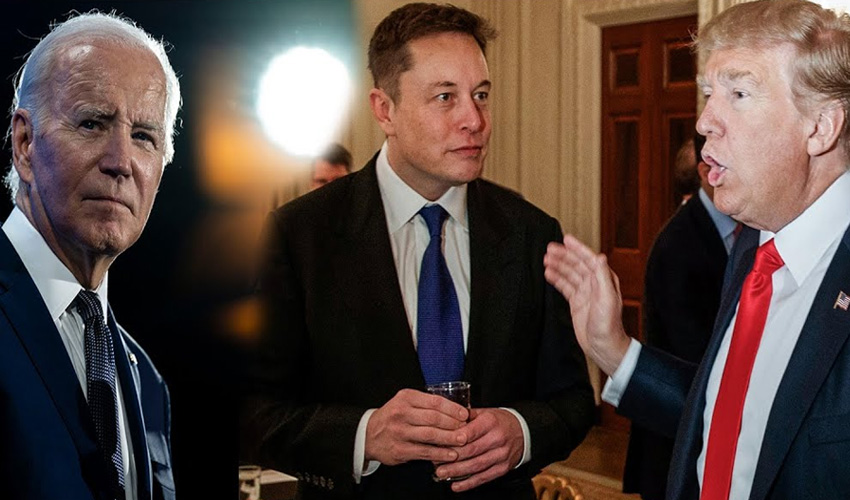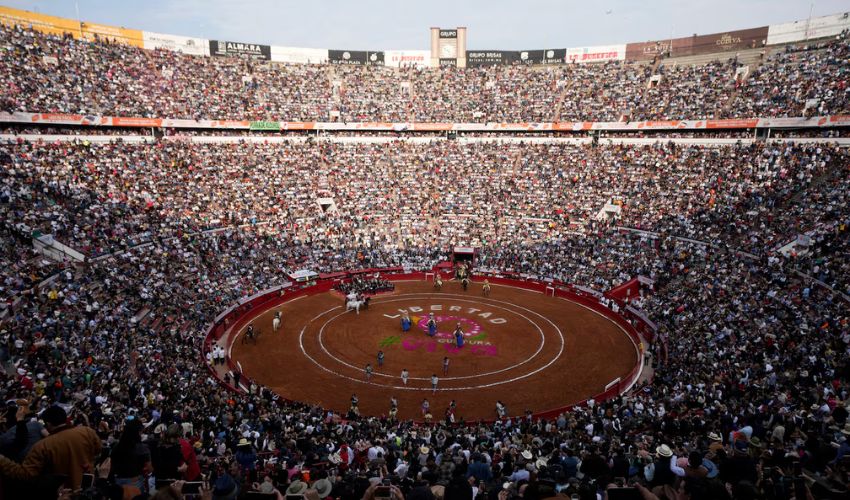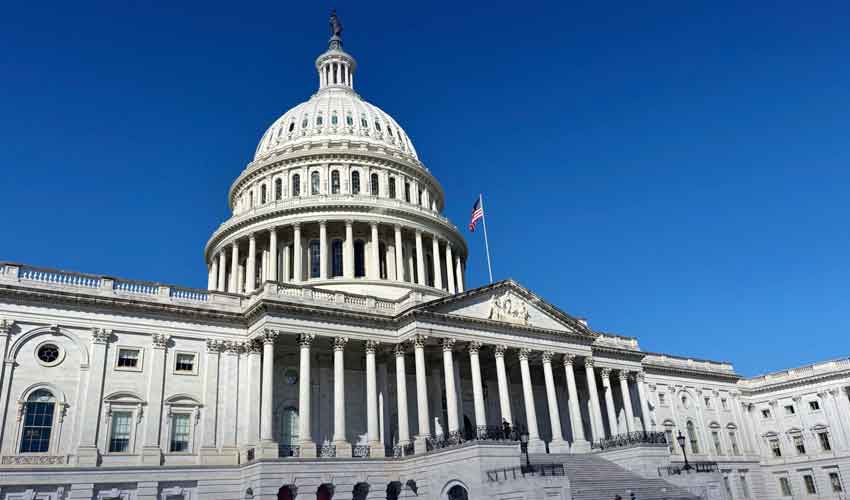It's a highly divisive aside to a presidential campaign already on the move for 2024 by billionaire entrepreneur and owner of X, formerly Twitter, Elon Musk: a US$1 million daily lottery aimed at getting out the vote for registered voters in pivotal battleground states.
Proponents say it's an innovative way to talk free and exercise Second Amendment rights; critics who delve deeper into the issue say it flouts U.S. election laws in serious ways.
It focuses on the three million Arizona, Georgia, Michigan, Nevada, North Carolina, Pennsylvania, and Wisconsin voters. To qualify, participants will have to be registered voters who endorse Musk's views on free speech and gun rights by signing a petition. According to reports, Musk's political action committee, Musk's America PAC, has already sent the first two $1 million checks to the Republican voters who voted by mail.
There is a tidal wave of excitement among Musk's fans, but the report from critics and lawyers said something else. The Democratic Governor of Pennsylvania, Josh Shapiro, weighed in on the potential legal implications during a recent appearance on NBC's *Meet the Press*, saying, "I think it's something that law enforcement could take a look at."
Election laws and legal issues
The core of the controversy lies in the federal statute, that is, 52 USC 10307(c) which bars in any form or manner any form of incentive for registration to vote or voting. Richard Hasen an election law expert and lawyer at the University of California, Los Angeles has commented that Musk's lottery may be violating this statute in the view of Hasen, that would result in possibly serious legal consequences in fines or imprisonment or both for violators.
Other voices included in the plea against Paschall included the Campaign Legal Center, a nonpartisan organization working to protect voting rights and preserve campaign finance transparency. The organization "is illegal to buy votes, it is illegal to buy voter registration," and thus called upon the Department of Justice to take appropriate civil action and criminal action in this case.
Prosecution's problem
On the grave allegations, legal analysts point out that it is unlikely for Musk to be prosecuted, much less before the 2024 election. Enforcement is complicated and does not come easy with such laws. Two agencies-in the Federal Election Commission and the Justice Department-are authorized to scrutinize possible violations, although in both processes, it always takes a long time to complete.
Jerry H. Goldfeder of Cozen O'Connor stated that even if FEC does move ahead with the investigation, it could be months and months before anything happens. Things only get worse with the politics of the membership, which are deadlocked along the parties, to say nothing of the parity in party strength within the agency, making it a snap for no consensus to be developed on enforcement actions.
On the other hand, although the Justice Department can act independently of an FEC referral, the decision to prosecute under the act takes place similarly under a slow and deliberative process. As Goldfeder reports, Musk's case is without precedent, which makes things more complex than usual.
History reveals just a handful of cases like this that have reached the trials, an extremely small number since the enormous efforts needed to put such actions through often scare off the Justice Department. "Cases of bribery with so little deterrent effect," Stanley Brand, veteran lawyer who specializes in political cases says are cases the department has shown in the past not to have much deterrence.
Brand mentions how pained Special Counsel Jack Smith must be with carrying out his cases against ex-president Donald Trump at such a rapid pace to achieve his desired return on investments in trying Musk could prove too much work to put into it .
Political atmosphere
There is, however, a political dimension to prosecution of Musk as well. Whether Vice President Kamala Harris becomes the president in 2024, it would significantly depend on her choice of the attorney general who would take the decision to prosecute. On the other hand, a Trump victory would almost certainly result in the appointment of a justice official who would be unlikely to pursue charges against the prominent ally Musk.
As the 2024 presidential election approaches, this activity undertaken by Elon Musk in the guise of a $1 million lottery raises broader questions at its intersection about free speech, political expression, and election law. While the case on the books may sound tough, the politics cannot be sorted out so easily and serves as a counterbalance to prosecution. For now, this play has kept the nation glued to the unfolding drama, where both backers and detractors wait for possible fallout from Elon Musk's bravado gamble. It remains to be seen whether this is going to be considered a brave expression of political mobilization, or just an illegally definitely trying to influence voters at the ballot box.



























